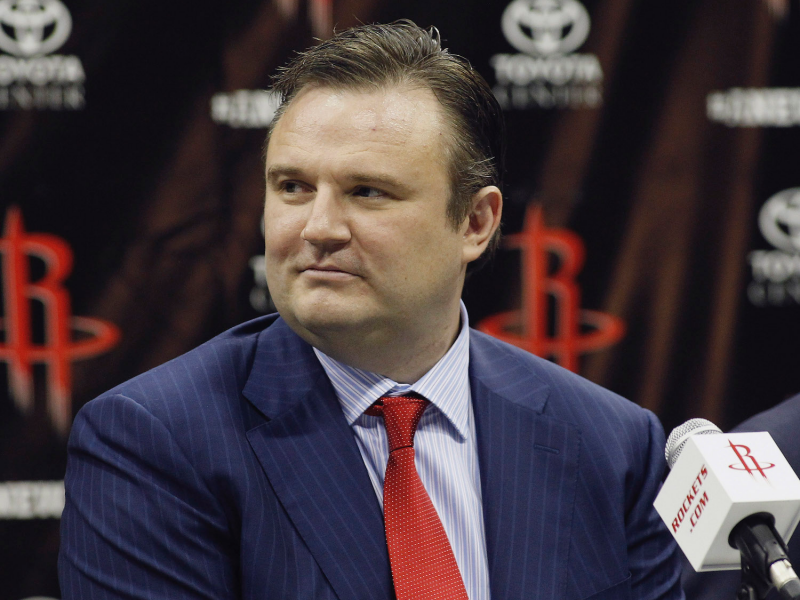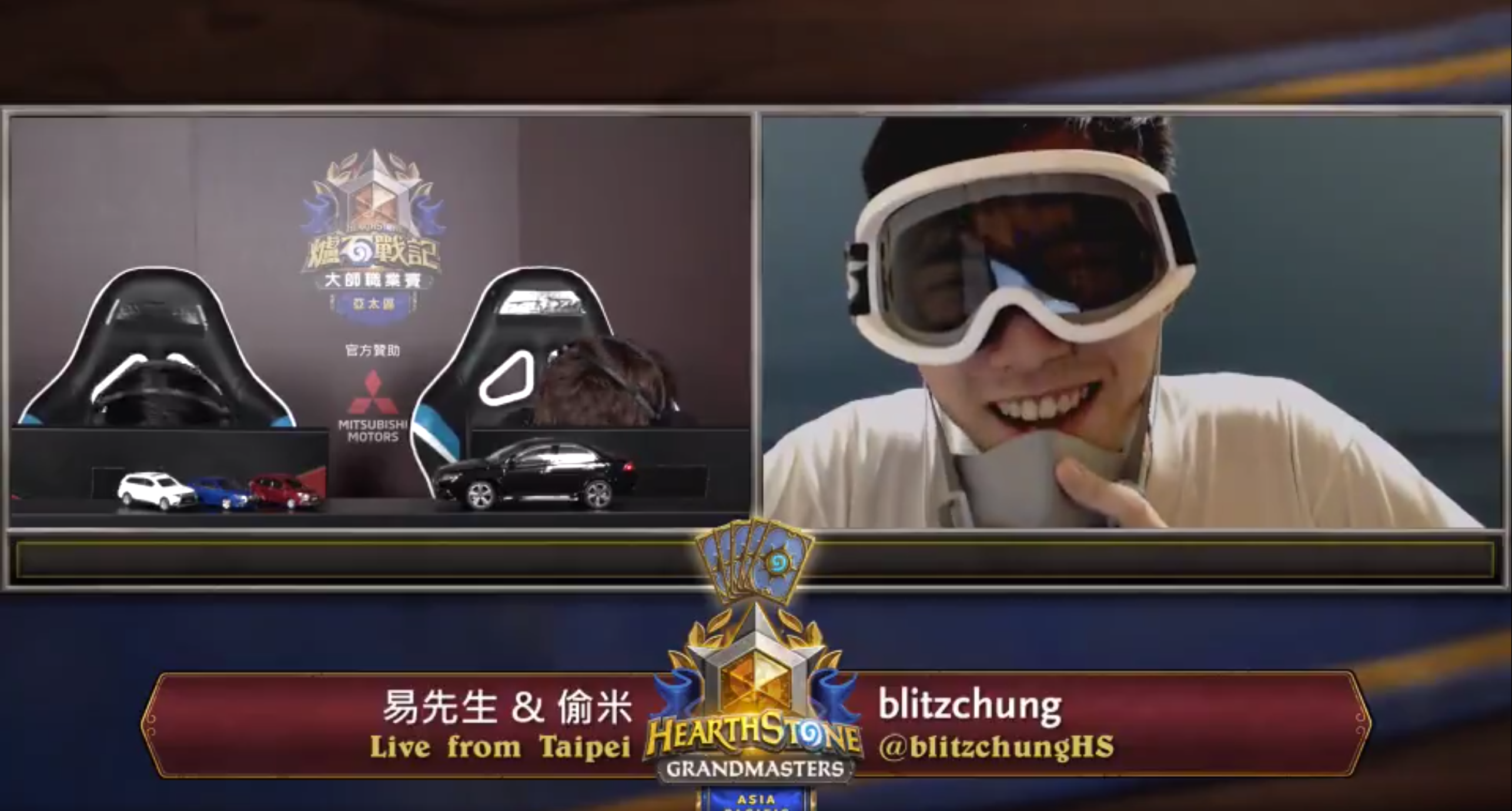- Blizzard Entertainment has sent a professional esports player home from a tournament and handed him a 12-month ban after he voiced support for Hong Kong protesters during a postgame interview.
- The esports player, whose real name is Chung Ng Wai but who is known as Blitzchung, will also be fined the full amount of the prize money he won from the Hearthstone Grandmasters regular-season tournament.
- During the interview on the official Taiwanese Hearthstone stream, Blitzchung appeared wearing a gas mask, which he lifted up before shouting “Liberate Hong Kong, revolution of our age!” in Chinese.
- Blizzard appears to be arguing that Blitzchung’s statements about the Hong Kong protests offended “a portion or group of the public” or damaged the company’s image.
- The situation highlights the thorny trade-off US-based companies face when operating in China, which offers a lucrative and massive market but a different set of rules companies must play by.
- Visit Business Insider’s homepage for more stories.
A professional esports player has been fined his prize money and given a yearlong ban after he voiced support for Hong Kong’s protesters during a postgame interview.
The Hong Kong-based player, known as Blitzchung, will be forced to forfeit his monetary prize and won’t be able to compete for a year for making the remarks, the US-based video game giant Blizzard announced Tuesday. The two casters – esports commentators – who appeared alongside Blitzchung in the interview will also “not work with Blizzard anymore,” according to the company.
The player, whose real name is Chung Ng Wai, was participating in the Hearthstone Grandmasters regular season, an esports tournament in which players play Hearthstone, the turn-based online card game developed by Blizzard.
On Sunday, the esports publication Inven Global tweeted out footage of Blitzchung’s post-match interview on the official Taiwanese Hearthstone stream. Blizzard has since deleted footage of the interview from its official channels.
During the interview, Blitzchung appears wearing a gas mask, which he lifts up before shouting "Liberate Hong Kong, revolution of our age!" in Chinese, as verified by Polygon.
[BREAKING] Hong Kong Hearthstone player @blitzchungHS calls for liberation of his country in post-game interview:https://t.co/3AgQAaPioj
@Matthieist #Hearthstone pic.twitter.com/DnaMSEaM4g
— Inven Global (@InvenGlobal) October 6, 2019
After Blitzchung's exclamation, his two casters look down, seemingly in an attempt to distance themselves from his remarks. Blitzchung later told Inven Global it was his "duty" to speak out about the Hong Kong protests.
"As you know, there are serious protests in my country now," he said. "My call on stream was just another form of participation of the protest that I wish to grab more attention. I put so much effort in that social movement in the past few months that I sometimes couldn't focus on preparing my Grandmaster match.
"I know what my action on stream means. It could cause me lot of trouble, even my personal safety in real life," he told the publication.
Blizzard is a US-based company, where free speech is protected by the First Amendment of the US Constitution, but it also operates in authoritarian China thanks to a partnership with one of its China-based investors, Tencent. China only issues a certain number of game licenses a year, and US-based companies often partner with game companies based in the country as a way to access the vast market and grow their sales - but partnerships like that oftentimes lead to a clash of values.
The situation highlights the thorny tradeoff US-based companies face when operating in China: It's a hugely profitable opportunity, but placating the Chinese government can require compromising on fundamental democratic values that in turn risks backlash elsewhere in the world.
Tellingly, Blizzard investor Tencent is also the owner of the Houston Rockets NBA team, whose general manager Daryl Morey faced major backlash in China after tweeting in support of the Hong Kong protesters on Friday.

Several of the Rockets' Chinese sponsors and partners, including the state broadcaster China Central Television and Tencent's livestreaming platform, Tencent Sports, have since said they will no longer broadcast Rockets games. Morey himself has since deleted the tweet and said he did not mean to "cause any offence," but the damage seems to have been done. The backlash can be considered especially ominous given the NBA's popularity in China, where it is the country's most-watched sports league.
The TV show "South Park" is another recent example of a US-based product angering the nation state. After a recent episode saw the character Randy visit a Chinese re-education camp and endure forced labor, the show has reportedly been banned in China. The show promptly issued a mock apology through the show's Twitter account.
Elsewhere in the tech industry, Google's parent company, Alphabet was recently criticized by its own employees and US lawmakers for quietly working on a version of the Google search engine designed for the Chinese market that would censor its results. The company has since said it's stopped work on the controversial project.
Blizzard, announcing the bans, did not address whether Tencent or the Chinese government influenced its decision. Instead, the reason it gave was that Blitzchung violated the rules of its competition, specifically this rule:
Engaging in any act that, in Blizzard's sole discretion, brings you into public disrepute, offends a portion or group of the public, or otherwise damages Blizzard image will result in removal from Grandmasters and reduction of the player's prize total to $0 USD, in addition to other remedies which may be provided for under the Handbook and Blizzard's Website Terms.
Blizzard appears to be arguing that Blitzchung's statements about the Hong Kong protests offended "a portion or group of the public" or damaged the company's image. Blizzard did not immediately respond to Business Insider's request for comment. The company has disabled comments on its blog post announcing the ban.
Now, the company must grapple with the backlash from those outside of China arguing Blizzard compromised on a basic human right - free speech - out of fear of a potential fallout with China and its lucrative market.


